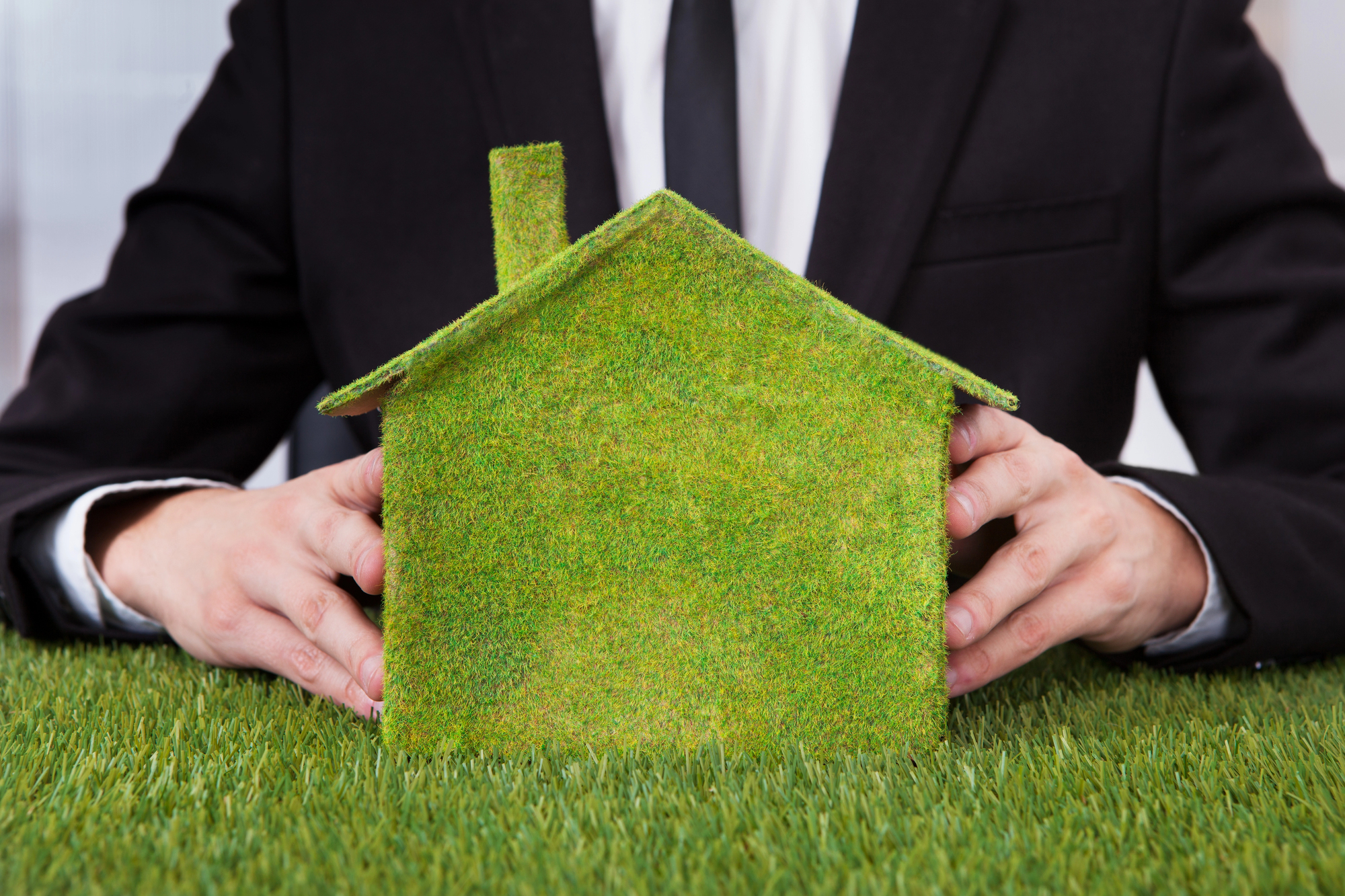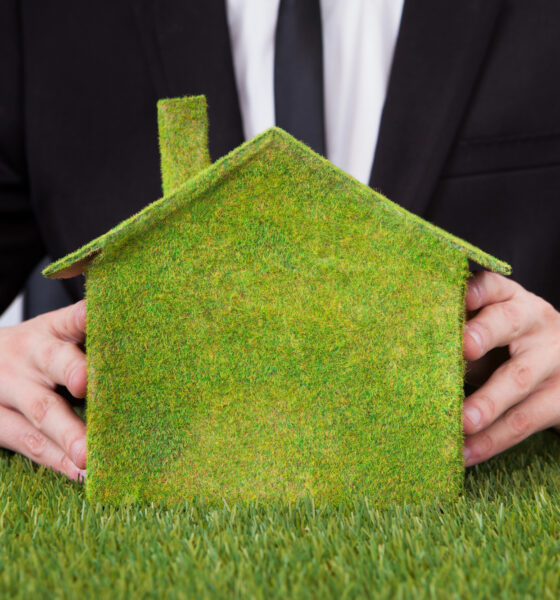

Features
Eco-Friendly Plumbing Solutions for a Sustainable Home
In today’s world, sustainable living and eco-friendly solutions are not just trends—they’re essential practices for protecting our environment. At Blue and Green Tomorrow, we are committed to exploring sustainable approaches in every aspect of daily life, and plumbing is no exception. Plumbing systems play a crucial role in water conservation and energy efficiency, making them an ideal starting point for eco-conscious homeowners. By implementing modern plumbing techniques and technologies, such as low-flow fixtures and graywater recycling systems, we can significantly reduce water waste and lower utility bills. Additionally, using energy-efficient appliances and sustainable materials in plumbing installations not only minimizes our environmental impact but also contributes to a healthier indoor environment. As awareness grows about the importance of sustainability, we encourage homeowners to rethink their plumbing choices and consider how small changes can lead to substantial benefits for both their homes and the planet.
Why Eco-Friendly Plumbing?
Plumbing systems offer significant opportunities to reduce water wastage and lower energy use. By integrating eco-friendly solutions into your home, you can not only minimize your carbon footprint but also enjoy long-term cost savings on utility bills. Let’s explore some effective plumbing solutions that contribute to a sustainable home.
Eco-friendly plumbing refers to plumbing practices and systems that minimize environmental impact while promoting sustainability. This concept encompasses the use of materials, fixtures, and technologies that conserve water, reduce energy consumption, and lower the overall ecological footprint of plumbing installations. By adopting eco-friendly plumbing solutions, homeowners and businesses can contribute to a healthier planet.
Water Conservation Techniques
One of the key components of eco-friendly plumbing is the implementation of water-saving fixtures. Low-flow toilets, faucets, and showerheads significantly reduce water usage without sacrificing performance. Additionally, rainwater harvesting systems can be installed to collect and reuse rainwater for irrigation or toilet flushing, providing a sustainable alternative to conventional water sources.
Energy Efficiency
Incorporating energy-efficient water heaters also plays a crucial role in eco-friendly plumbing. Options such as tankless water heaters or solar water heating systems reduce energy consumption and lower utility bills. By using renewable energy sources, these systems help decrease greenhouse gas emissions, making them an environmentally responsible choice.
Sustainable Materials
Using sustainable materials in plumbing installations is another critical aspect. Recycled or eco-friendly materials, such as PEX piping or bamboo flooring, can be utilized to minimize environmental impact. These materials often have lower energy costs associated with their production and can enhance the durability and lifespan of plumbing systems.
1. Low-Flow Fixtures
Installing low-flow faucets, showerheads, and toilets is one of the simplest ways to conserve water. These fixtures reduce water usage by up to 50% compared to traditional models, without compromising performance. The result? Significant savings on your water bill and a positive impact on the environment.
2. Tankless Water Heaters
Traditional water heaters continuously heat water, even when it’s not being used, leading to energy wastage. Tankless water heaters, on the other hand, provide hot water on demand, significantly reducing energy consumption. They’re a more efficient and eco-friendly option for any modern household.
3. Rainwater Harvesting Systems
Rainwater harvesting involves collecting and storing rainwater for various non-potable uses, such as irrigation and flushing toilets. This system not only conserves water but also reduces your reliance on municipal supply. By making use of natural resources, you contribute to a more sustainable water management approach.
4. Greywater Recycling
Greywater recycling systems collect and treat wastewater from baths, showers, and sinks for reuse in landscaping and irrigation. By recycling greywater, you can reduce your home’s water usage and promote a sustainable approach to resource management.
5. Pipe Insulation
Insulating your pipes can prevent heat loss, ensuring that hot water arrives faster and reducing the energy needed to heat it. This simple measure can improve your home’s energy efficiency and lower your heating bills.
6. Professional Drain Clearing Services
Regular maintenance of your plumbing system is essential to maintaining its efficiency. Consider professional drain clearing services to keep your pipes clear of blockages and prevent water wastage. Efficient drainage contributes to sustainable plumbing practices by ensuring optimal system performance.
Conclusion
Implementing eco-friendly plumbing solutions with the help of a plumber is a smart and impactful way to support sustainable living. By adopting these practices, you can reduce water and energy consumption, lower utility costs, and contribute to a healthier planet. We encourage you to work with a plumber to explore these options and make your home a model of sustainability.


 Environment12 months ago
Environment12 months agoAre Polymer Banknotes: an Eco-Friendly Trend or a Groundswell?

 Features11 months ago
Features11 months agoEco-Friendly Cryptocurrencies: Sustainable Investment Choices

 Features12 months ago
Features12 months agoEco-Friendly Crypto Traders Must Find the Right Exchange

 Energy11 months ago
Energy11 months agoThe Growing Role of Solar Panels in Ireland’s Energy Future
















